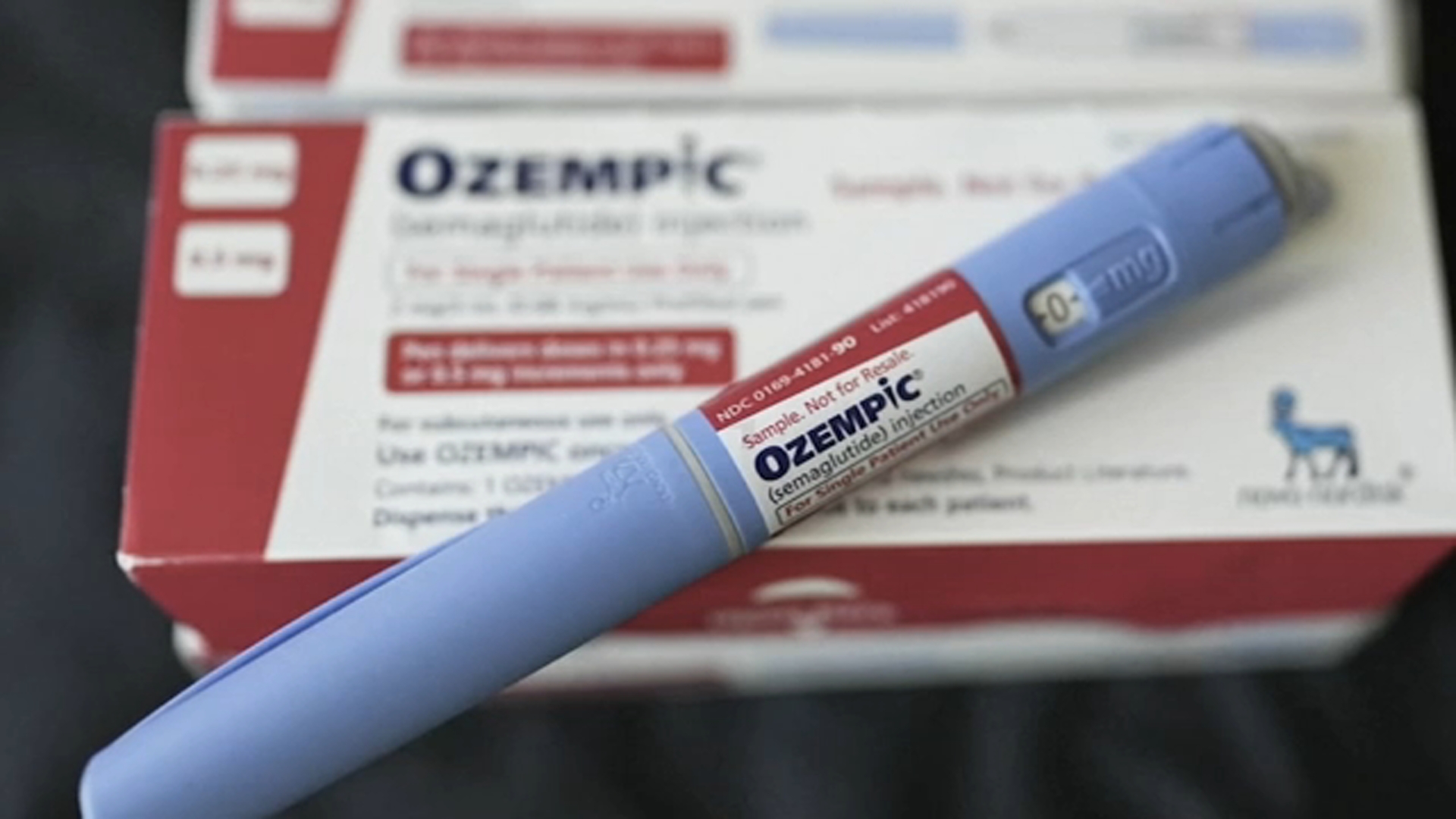How to slow down that annoying car warranty robocall

Robocalls are not slowing down during the COVID-19 pandemic, complaints continue to rise about the unwanted calls.
Telemarketing and robocall scams were the top scams in North Carolina Attorney General Josh Stein's 2020 Annual Report.
"North Carolinians were inundated with robocalls in 2020," Stein said. "Scammers use them to try to trick and scare people out of their hard-earned money, so I'm asking people to report them at www.ncdoj.gov/norobo."
Because so many scams originate through robocalls, Stein created the Robocall Report Task Force in 2020.
One of the robocalls consumers cannot seem to stop involves claims that your car warranty is about to expire. When it comes to these car warranty pitches, the Federal Communications Commission claims the companies that are making the calls buy public record lists that have vehicle owner names and numbers and often the make of their car.
The business making the call is typically just a third party that sells a number of different warranties for different companies. When it comes to these car warranty robocalls, while some of these companies are legitimate, the FTC warns it's buyer beware as they say most of these companies sell you a warranty, the dealer will not honor.
Even if you're on the Do Not Call List, it's virtually impossible to stop some of these calls, but try these new tips.
If you have an iPhone, Apple does have a feature known as Silence Unknown Callers, with iOS 13 and later, go to settings, click on phone, and then scroll down to silence unknown callers and turn it on. Calls from unknown numbers are silenced and sent to your voicemail, and appear in your recent calls list. Incoming calls will come through from people that are saved in your contacts list, recent calls list, and from Siri Suggestions to let you know who's calling based on phone numbers included in your emails or text messages.
If you don't have an Apple, check with your carrier as they also have several features to block unknown callers.
There are several apps also that offer call-blocking services, for a fee. One of those apps is RoboKiller. There is also Nomorobo just to name a few.
The FTC also suggest if you get a robocall do not provide any personal information, such as a social security number, credit card information, driver's license number, or bank account information to any caller unless you can verify you are dealing directly with a legitimate company with which you have an established business relationship. Telephone scammers are good at what they do and may imply that they work for a company you trust.
If you have caller ID, you can screen incoming calls. Legitimate live telemarketers are required to transmit or display their phone number and the name and/or the phone number of the company they're representing. The display must include a phone number that you can call during regular business hours to ask that the company no longer call you. You should be cautious even if a number appears authentic. The FTC says criminals may engage in caller ID "spoofing" which is when they deliberately falsifying the information transmitted to your Caller ID display to disguise their identity.
The FTC stresses, all telemarketing robocalls have been illegal since 2009.
NC Attorney General Stein is going after robocall offenders. In December--in a case filed jointly with the FTC, Stein and three other Attorney Generals--a deal was reached that involved a $210 million settlement with Dish Network for engaging in illegal nationwide telemarketing that violated do-not-call laws. North Carolina will receive $13,986,000, the largest penalty ever obtained in state history over such violations.
In June, he sued Texas robocallers who allegedly made more than 75 million robocalls to North Carolina phone users, including more than 34 million calls to numbers on the national Do Not Call Registry.











